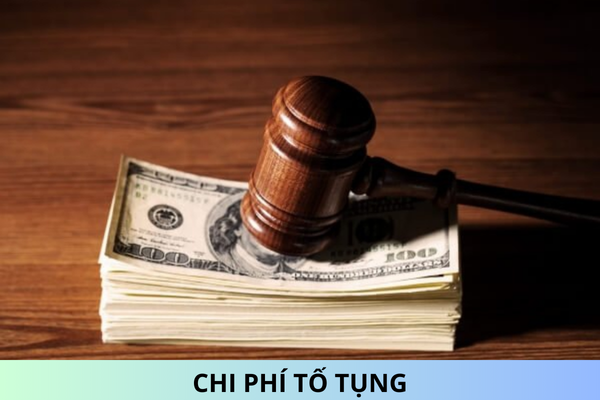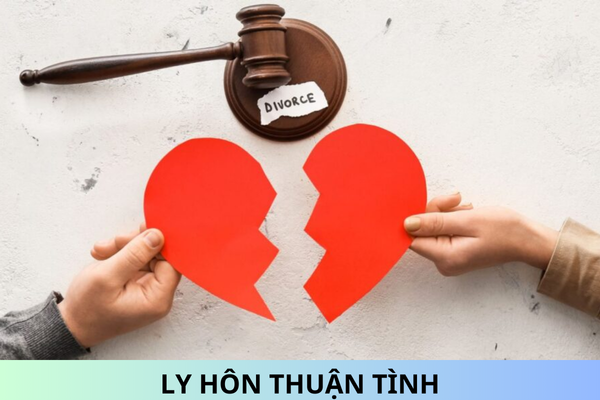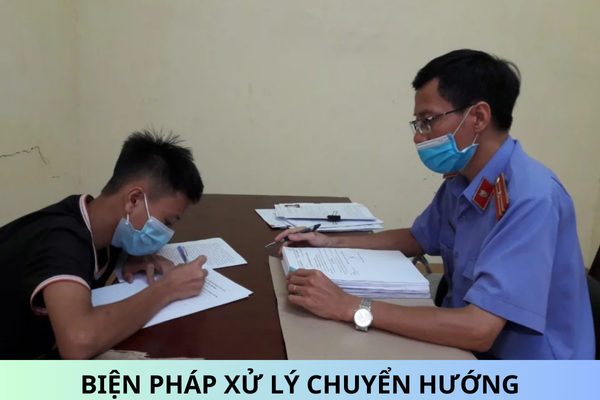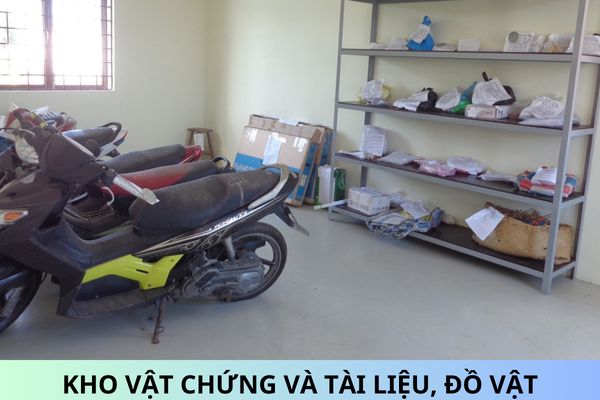If the defendant has absconded and is wanted, can the Court hold a trial in absentia in Vietnam?
If the defendant has absconded and is wanted, can the Court hold a trial in absentia in Vietnam? Will the wanted defendants turning themselve in be considered mitigating factors in Vietnam? When preparing for trial, but the defendant has absconded, what is implementation of pursuit in Vietnam?
Hello, recently there was a case of an individual who committed a criminal offense but absconds abroad, the police issued a wanted warrant and prosecuted the case. I have a question, please ask, in case the offender has absconded and is wanted, can the Court hold a trial in absentia? Will the wanted defendants turning themselve in be considered mitigating factors?
Please advise. Thankyou.
If the defendant has absconded and is wanted, can the Court hold a trial in absentia in Vietnam?
Article 290 of the 2015 Criminal Procedure Code provides for defendants’ attendance in the court as follows:
1. A defendant must be present in the court as per the Court’s subpoena during the trial. If the defendant is absent not due to force majeure or objective obstacles, he shall be delivered by force to the court. If his absence results from force majeure or objective obstacles, the trial shall be halted.
If the defendant suffers from mental illness or fatal disease, the Judicial panel shall suspend the case until the defendant is cured.
If the defendant absconds, the Trial panel shall suspend the case and request investigation authorities to seek for him.
2. The court can only hold a trial in absentia in the following events:
a) The defendant has absconded and remains elusive despite the wanted notice;
b) The defendant is on foreign soil and cannot be summoned to the court;
c) The trial panel approves a request for trial in absentia;
d) The defendant’s absence is not because of force majeure or objective obstacles and does not hinder the trial.
Thus, only when the defendant has absconded and remains elusive despite the wanted notice, the Court can hold a trial in absentia in Vietnam.
Will the wanted defendants turning themselve in be considered mitigating factors in Vietnam?
In Article 51 of the Penal Code 2015 as amended by Points a and b, Clause 6, Article 1 of the Law amending the Penal Code 2017 provides for mitigating factors as follows:
1. The following circumstances are considered mitigating factors:
a) The offender has prevented or reduced the harm caused by the crime;
b) The offender voluntarily makes rectification, pays damages or relieves the consequences;
c) The crime is considered unjustified force in self-defense;
d) The crime is considered unjustified force in urgent circumstance;
dd) The crime is considered unjustified force in capturing a criminal;
e) The crime is committed under provocation caused by the victim's illegal acts;
g) The crime is committed because of extreme hardship that is not on the offender's account;
h) The crime has not inflicted damage or the damage inflicted is not significant;
i) The offender commits a less serious crime and does not have prior criminal record;
k) The crime is committed because the offender threatened or coerced by others;
l) The offender commits the crime while because of lack of awareness that is not on his/her account;
m) The crime is committed due to obsolescence;
n) The offender is a pregnant woman;
o) The offender is 70 years of age or older;
p) The offender has a serious physical disability or extremely serious physical disability;
g) The offender has a disease that limits his/her awareness or control of his/her acts;
r) The offender turns himself/herself in;
s) The offender expresses cooperative attitude and/or contrition;
t) the offender fully cooperates with responsible for authorities in discovery of crimes or during the investigation;
u) The offender has made reparation in an effort to atone for the crime;
v) The offender is an excellent worker, soldier or student;
x) The offender is revolutionist, parent, spouse or child of a war martyr or war veteran.
2. When issuing a decision on sentences, the Court might consider the offender's turning himself/herself in or other circumstances as mitigating factors and specify the reasons in the judgment.
3. If a circumstance defined as a mitigating factor this document is the basis for determination of a crime or sentence bracket, it shall not be considered a mitigating factor in the decision on sentences.
According to this Article, in case the wanted offender turns himself in, the Court may be considered a mitigating factor but must clearly state the mitigating reason in the judgment in Vietnam.
When preparing for trial, but the defendant has absconded, what is implementation of pursuit in Vietnam?
In Article 9 of Joint Circular 13/2012/TTLT-BCA-BTP-VKSNDTC-TANDTC stipulating pursuit in the stage of trial as follows:
1. In case a procuracy has issued a decision on prosecution of an accused and handed over the indictment to the accused but has not yet forwarded the case file to a court when it is informed of the absconding of the accused, it shall still forward the case file to the court for settlement, trial and notify the absconding of the accused to the court, which shall later request the investigative agency to pursue the accused.
In case the court receives the procuracy's notice of the absconding of the accused after being handled over the indictment (regardless of whether the case file has been forwarded to the court) or if the accused absconds in the stage of trial preparation, the court shall request the investigative agency to pursue the accused and still carry out activities according to general procedures.
Upon the expiration of the time limit for trial preparation specified in Article 176 of the Criminal Procedure Code, if the pursuit of such accused still has no result, the court shall apply Article 180 of the Criminal Procedure Code in order to issue a decision to suspend the case.
In case an accused absconds when a court hearing has been opened, the trial panel shall apply Clause 1, Article 187 of the Criminal Procedure Code in order to issue a decision to suspend the case and request the investigative agency to pursue the accused.
3. For the cases guided in Clause 2 of this Article, for cases involving many accused or defendants, the court shall still issue a decision to suspend the case with regard to all accused and defendants involved in the case though only some of them abscond. For an accused or a defendant who is still kept in detention, upon the expiration of the detention duration, if considering that his/her detention is still necessary in order to finish the trial, the court may apply Article 177 of the Criminal Procedure Code in order to issue a detention order.
Upon the expiration of the time limit for trial preparation, if the pursuit still has no result, the court shall promptly issue a decision to bring the case for trial and try the absconder in absentia under Point a, Clause 2, Article 187 of the Criminal Procedure Code.
4. Upon receiving a written request of the court for pursuit of an accused or a defendant, the investigative agency shall promptly issue a pursuit warrant and send notices on pursuit warrant under Article 161 of the Criminal Procedure Code and the guidance in Article 6 of this Joint Circular.
Upon the expiration of a one-month time limit after the receipt of a written request for pursuit, if the pursuit still has no result, the investigative agency that has issued the pursuit warrant shall notify such to the court for the latter to issue a decision to bring the case for trial in absence of the wanted person under Point a, Clause 2, Article 187 of the Criminal Procedure Code.
5. If a court has requested the investigative agency to pursue an accused or a defendant, when its judgment takes legal effect, the court will not have to request the investigative agency to issue a new pursuit warrant.
The above is the law on the pursuit in the stage of trial in Vietnam when the offenders abscond.
Best Regards!











